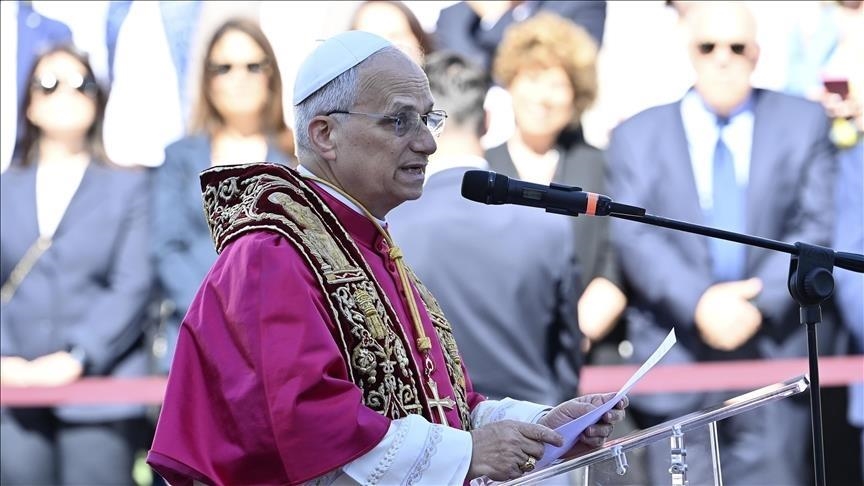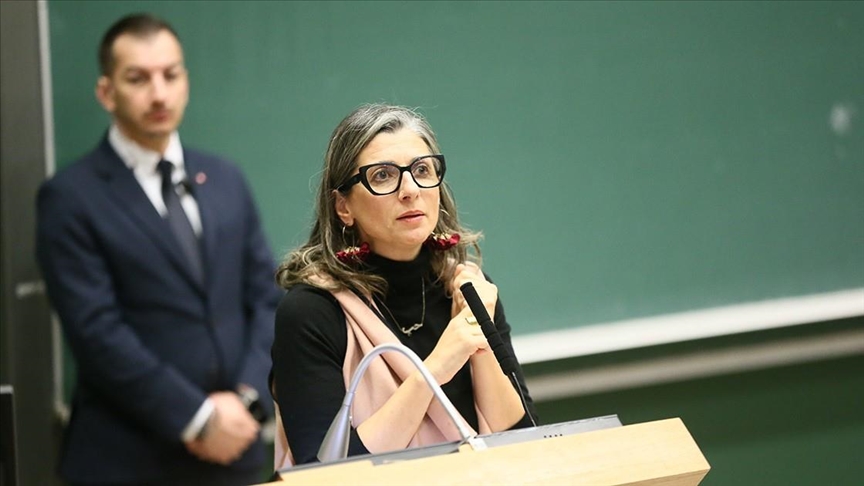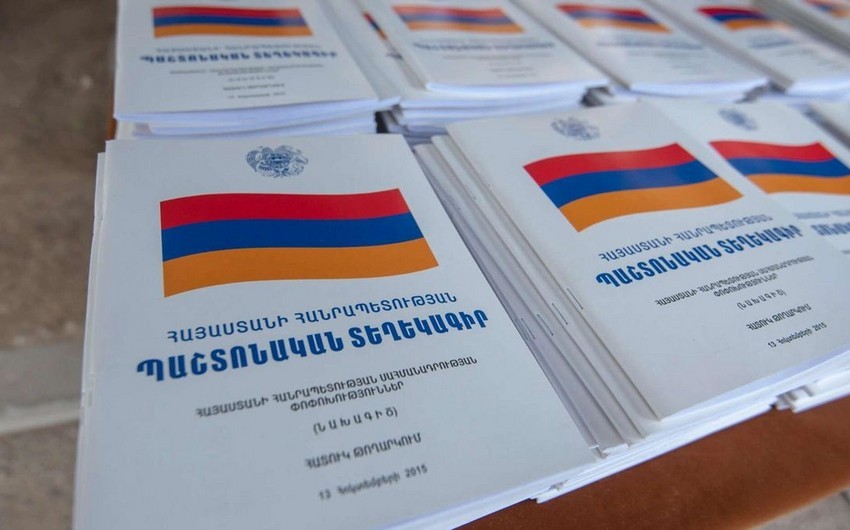Tibetans on March 10 will commemorate the 1959 uprising against Chinese forces that led the future Nobel laureate -- and thousands of his followers -- to cross snowy Himalayan passes into neighbouring India and set up a government in exile. Ednews reports citing France24.
But the anniversary has also put the question of who will succeed the ageing Dalai Lama into sharp focus, with the choice likely to spark a controversial geopolitical contest.
The charismatic spiritual leader already stepped down as his people's political head in 2011, passing the baton of secular power to a government chosen democratically by some 130,000 Tibetans across the world.
Penpa Tsering, born in India in 1967, was elected in 2021 as its second-ever leader, or sikyong.
"If you look at the policies of the Chinese government today, they're squeezing us -- like a python squeezing us out of our breath slowly," Tsering told AFP in an interview at the office of the Tibetan government in exile in India.
"That's why we are dying a slow death."
Tibet -- ruled with an iron fist by China since the 1950s -- was historically an independent country, but Beijing maintains its long-held position that "Tibet is part of China".







